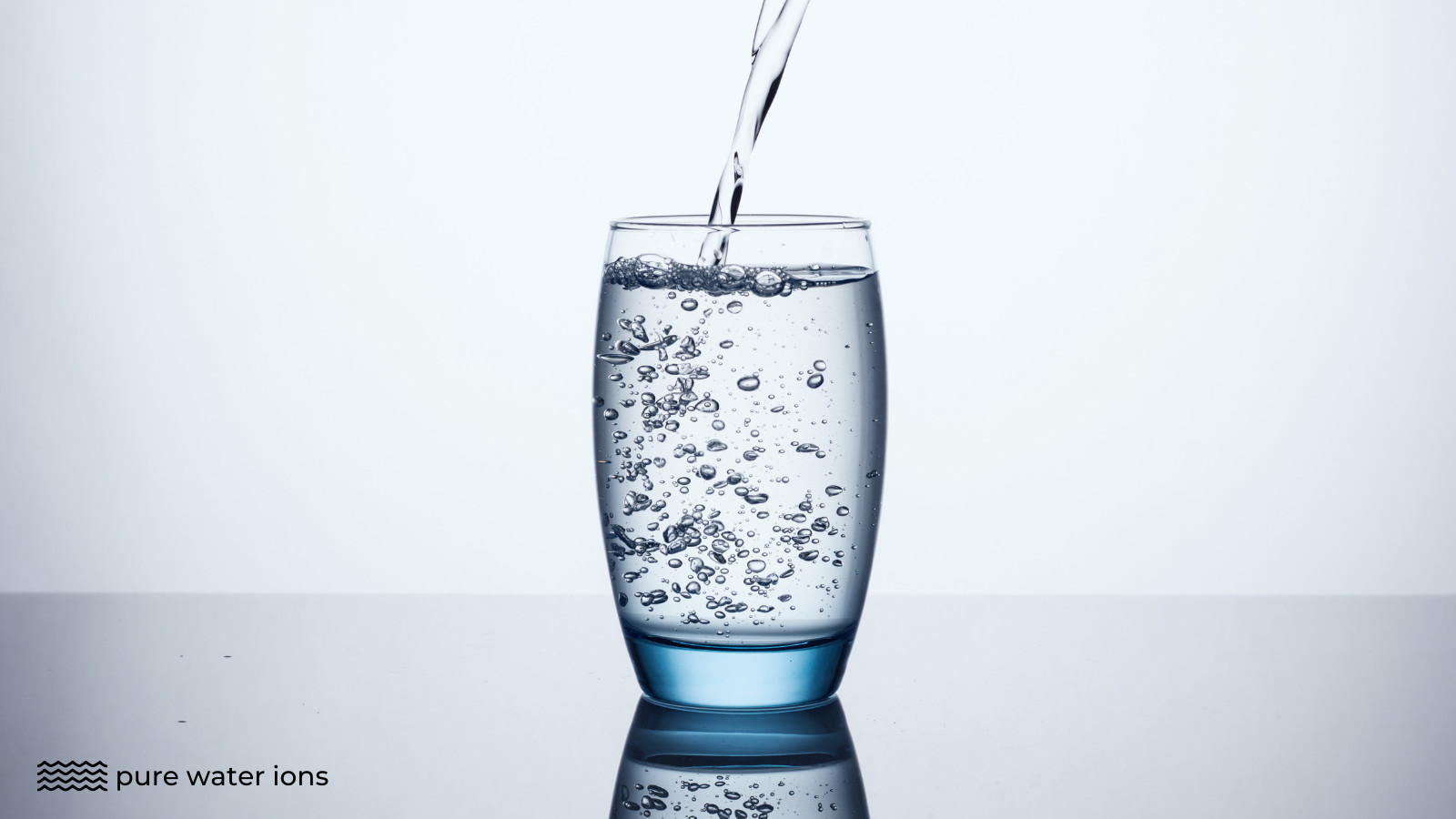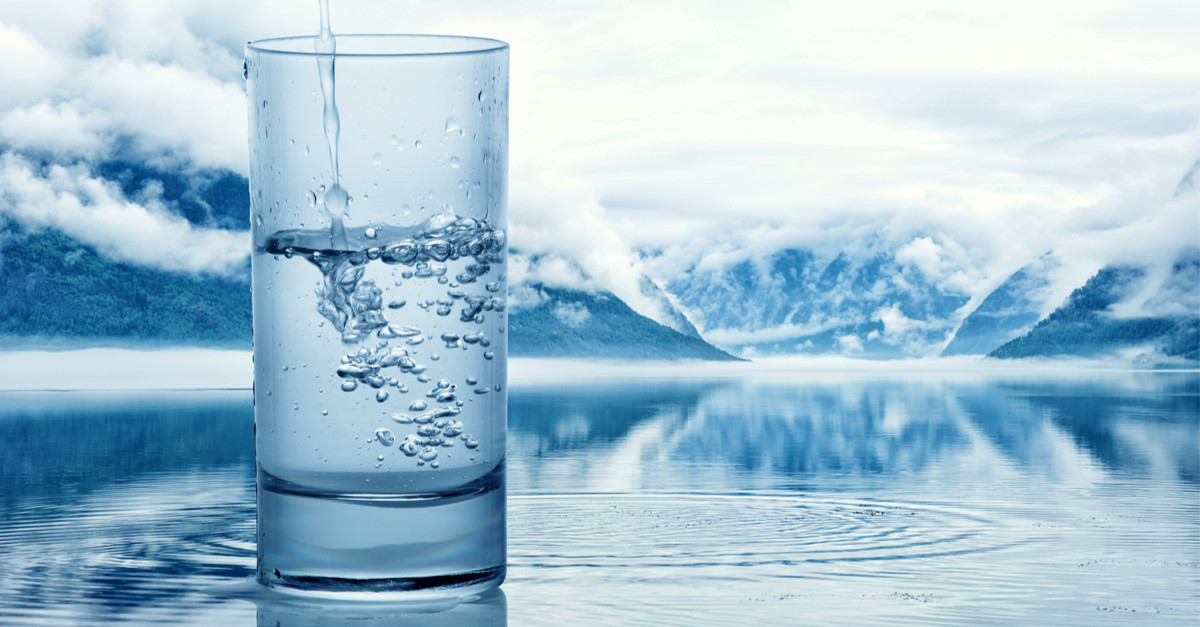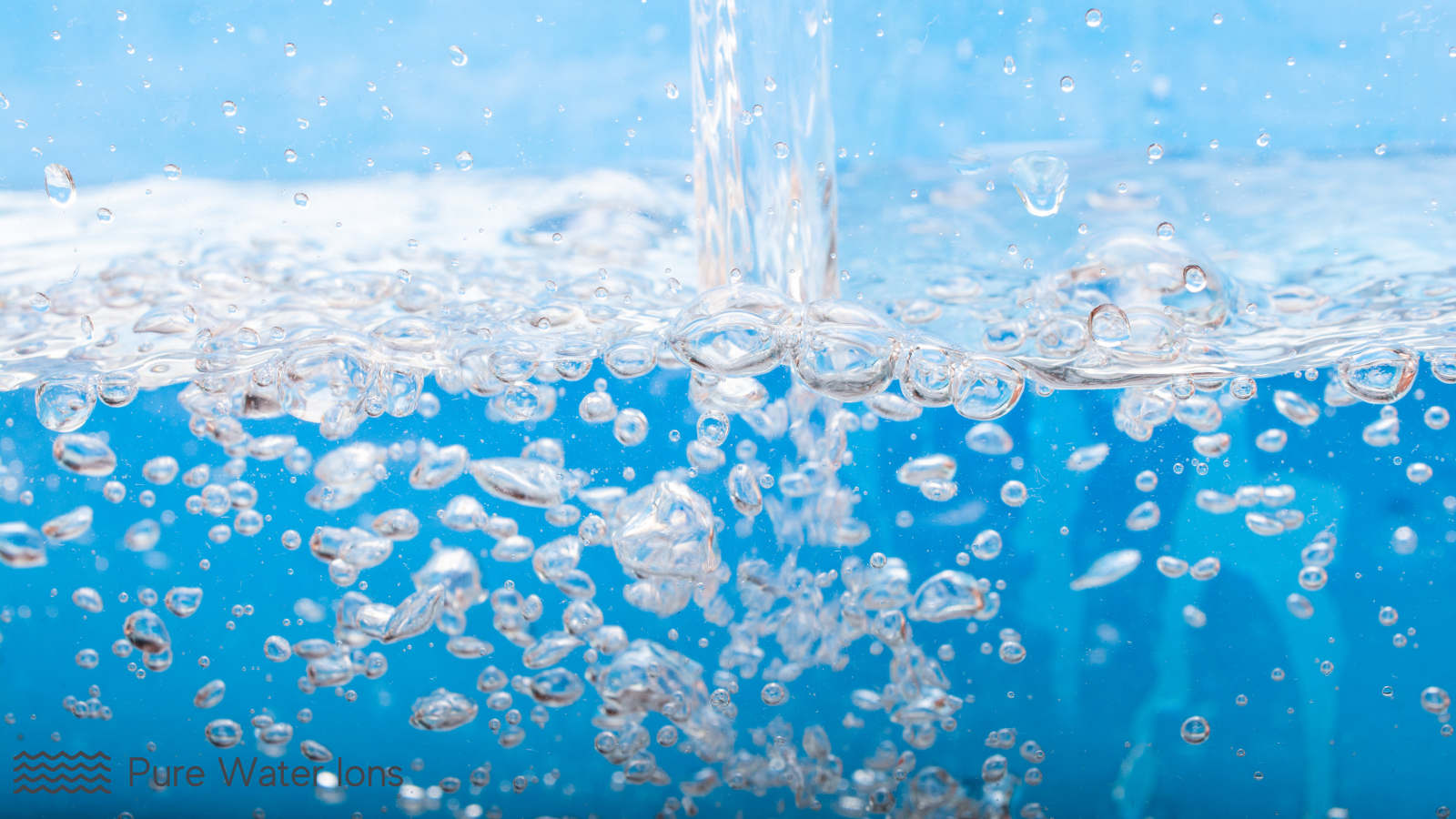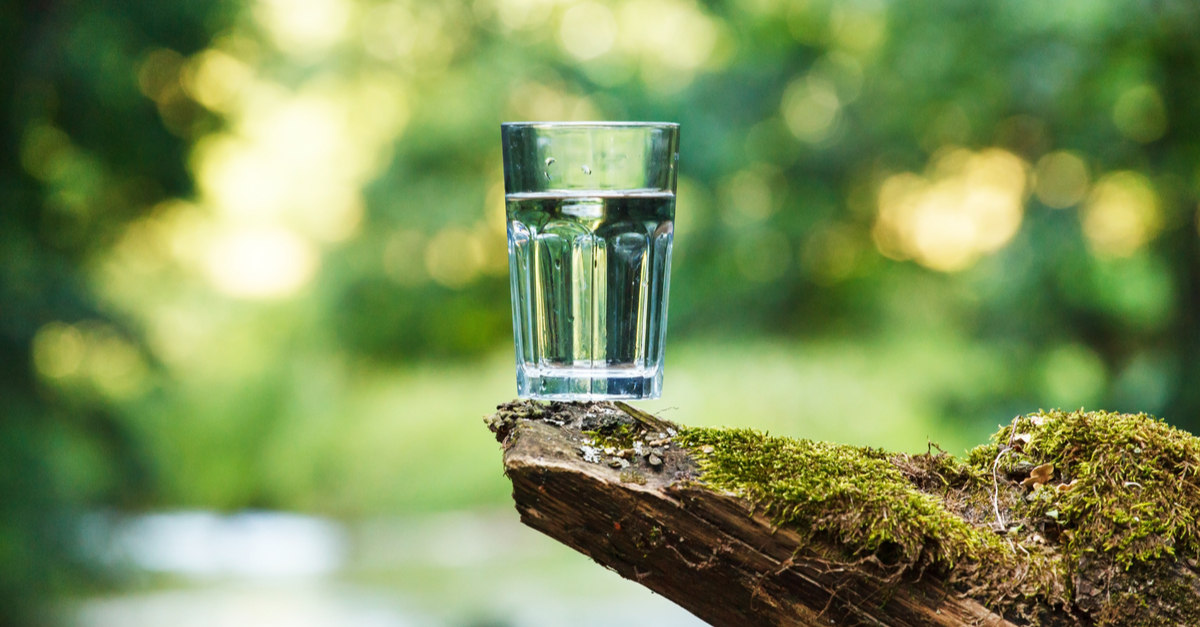
Yes, water can be too pure for drinking. As strange as it sounds, it’s true. Water that is stripped of its minerals can damage your health in the long run. These minerals, such as calcium and magnesium, are crucial for your health. They contribute to bone strength and overall well-being. Ultra-pure water lacks these essential minerals and drinking it can lead to mineral deficiencies and health problems.
Key Takeaways
• Drinking Pure Water can Harm Your Health due to the Lack of Essential Minerals.
• It can lead to Mineral Deficiencies and Potential Health Issues Over Time.
• Striking a Balance between Water Purity and Mineral Content is Key.
Can You Drink 100% Pure Water?
No, drinking 100% pure water is not a good idea. If water is 100% pure, it means it’s missing some important stuff, such as minerals. These minerals, like calcium and magnesium, are super important for keeping you healthy. They help your bones stay strong and contribute to your overall health.

So, if you drink 100% pure water, you will reduce the amount of important minerals you get. This is not good. It can cause a mineral deficiency and your health will take a hit. Your body needs the minerals that are found in regular drinking water.
Instead, you need to find a balance in your drinking water. You want it clean enough to be safe to drink, but not so pure that it’s missing all the good stuff, like minerals. So, next time you’re thirsty, aim for regular drinking water and give pure water a skip.
The Risks of Drinking Ultra-Pure Water
What are the risks of drinking ultra-pure water? If you drink it regularly over a period of time you may experience any of the risks below.
• Mineral Deficiency
Drinking ultra-pure water can be harmful to your health. Especially if you drink it regularly over time. It can lead to mineral deficiencies in your body. And, these minerals are essential for bone strength and overall well-being.
• Electrolyte Imbalance
It can also have an effect on your electrolyte levels. Electrolytes are minerals that carry electrical charges and play essential roles in various bodily functions. They play a crucial role in the normal running of nerve and muscle function. And, they help you stay hydrated and maintain a healthy pH balance. When you drink ultra-pure water it can dilute electrolyte levels in your body. This creates an imbalance.
• Corrosive Effect
Additionally, pure water can have a corrosive effect due to its lack of minerals. It has the ability to leach harmful substances from pipes and water containers that are used to transport and store it. Corrosion can lead to the release of heavy metals and other contaminants into the water.
READ NEXT
The Importance of Minerals in Drinking Water
What is the importance of minerals in drinking water? Water minerals play a crucial role in your health and well-being. Their importance cannot be overstated. Essential minerals, such as calcium, magnesium, and potassium are key. Here’s why they matter.

• Bone Health
First up is bone health. Minerals like calcium and magnesium are essential for maintaining strong and healthy bones. They contribute to your bone density and strength. This reduces the risk of osteoporosis and fractures. Especially as we get older.
• Muscle Function
Potassium, magnesium, and sodium are electrolytes that play a key role in muscle contraction and relaxation. They help regulate the nerve impulses that control muscle movement. Without them, your muscles will not function properly and you can suffer cramps and spasms.
• Hydration
Electrolytes like sodium and potassium regulate fluid balance in your body. They help ensure you maintain healthy hydration levels. These minerals allow cells to absorb and retain water as they need it. This helps prevent dehydration and maintains healthy cellular activity.
• Heart Health
Minerals like potassium and magnesium are essential for maintaining a healthy heart. They help regulate your heart rhythm and blood pressure. They play a key role in the function of the heart muscle and help reduce the risk of heart disease and stroke.
• Nutrient Absorption
Trace minerals found in drinking water, such as zinc and selenium are key helpers in metabolism and nutrient absorption. They play a role in various enzymatic reactions in your body and contribute to energy production and overall metabolic health.







